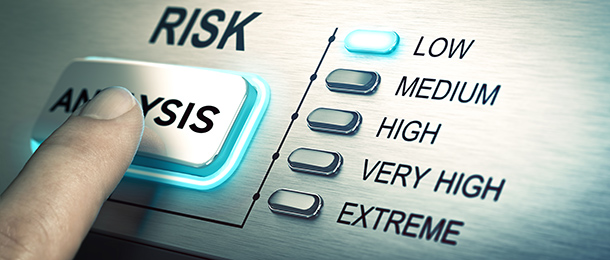Australia is unlikely to be at risk of hyperinflation in 2021 as it continues to recover from the effects of the COVID-19 pandemic, an economist has said.
AMP Capital senior economist Diana Mousina said despite current “pockets of inflation” among some goods as the Australian economy reopens, low wage growth was likely to continue for some time, which would ultimately keep inflation down.
“There’s still a lot of downward pressure in the labour market in terms of wages growth and that’s actually because we obviously have a much higher unemployment rate at the moment than what we had before COVID-19. It’s at least 2 per cent above where it was before COVID-19,” Mousina said.
“We also have underemployment in the economy, for people who want to work longer hours, because we obviously still haven’t recovered all of the job losses that have come through due to COVID-19.”
What some might consider to be signs of inflation among food prices, for example, would be overshadowed by the effects of the pandemic on the labour market continuing well into 2021, she noted.
“I think from a macro perspective, the overall broad pressures of COVID-19 have still put downward pressure on inflation because you just ultimately have this spare capacity in the economy,” Mousina added.
“We don’t think that the Australian economy will be able to recover to its pre-COVID-19 levels of growth probably until the middle of next year.”
In November, Fixed Income News Australia editorial director Elizabeth Moran said inflation-linked bonds could always play an important role within an investment portfolio, regardless of where the economy was positioned in the inflation cycle.
In September, Perth Mint listed products and investment research manager Jordan Eliseo noted high rates of inflation should not be used exclusively as an indicative measure to determine whether to invest in gold.


